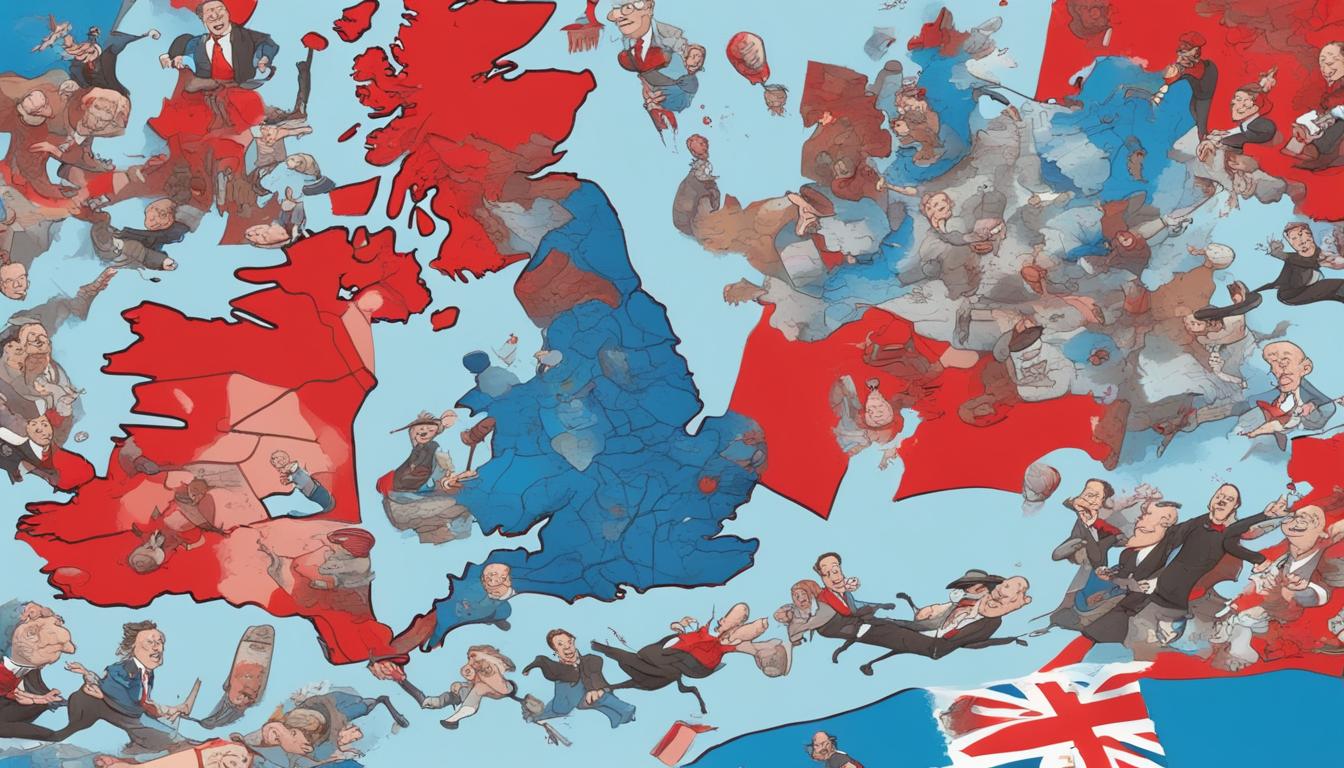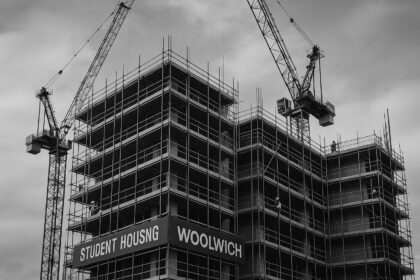In a decisive political shift, the Labour Party captures major victories in local and regional elections, signaling a potential change in voter sentiment and challenges for the Conservative leadership.
In a notable political shift, the Labour Party achieved significant victories in recent local and regional elections across the UK. Labour’s Chris Webb won the Blackpool South by-election with a resounding margin, securing 10,825 votes to the Conservative’s 3,218. This election marked a significant change in local representation, installing the first locally-born MP in Blackpool South in 60 years. Webb emphasized the electorate’s call for new leadership and policy direction under Labour, particularly on issues like the economy and public services. Additionally, Labour also made headway in councils like Rushmoor and Hartlepool, indicating a broader shift in voter sentiment.
The Conservative Party, under Prime Minister Rishi Sunak, faced one of their most challenging performances in recent decades. The party lost around half of the seats it was defending in the elections, marking a potential historic low reminiscent of their 1995 results, which prefaced a major defeat in 1997. Speculations have risen about potential challenges to Sunak’s leadership, depending on the outcomes of key mayoral contests in regions like Tees Valley and West Midlands.
Amidst these changes, third-party positioning strengthened, with parties like Reform UK and the Greens experiencing a rise in their vote share. Reform UK notably came third in the Blackpool South by-election, indicating some voter alignment with their stated policies on healthcare, immigration, and social issues.
The results have significant implications for the political landscape in the UK, suggesting a shifting dynamic and a possible change in government leadership in the forthcoming general election.













